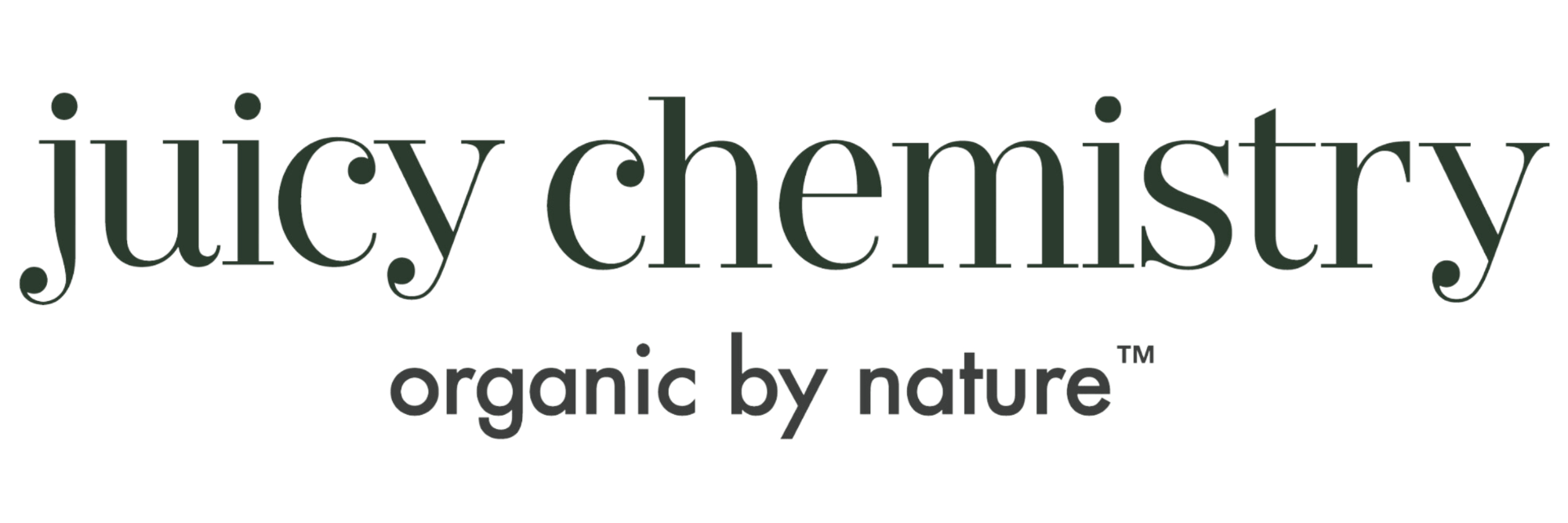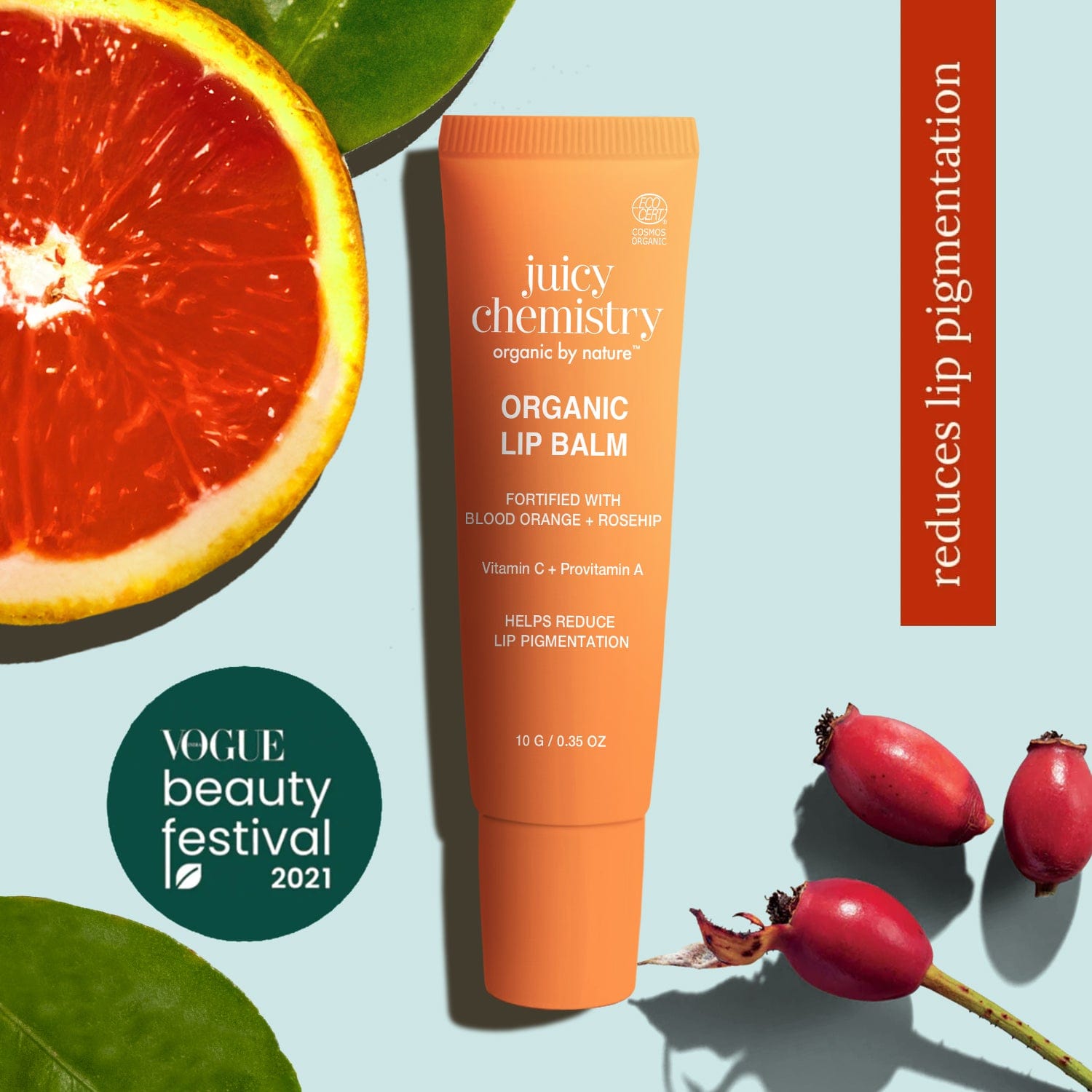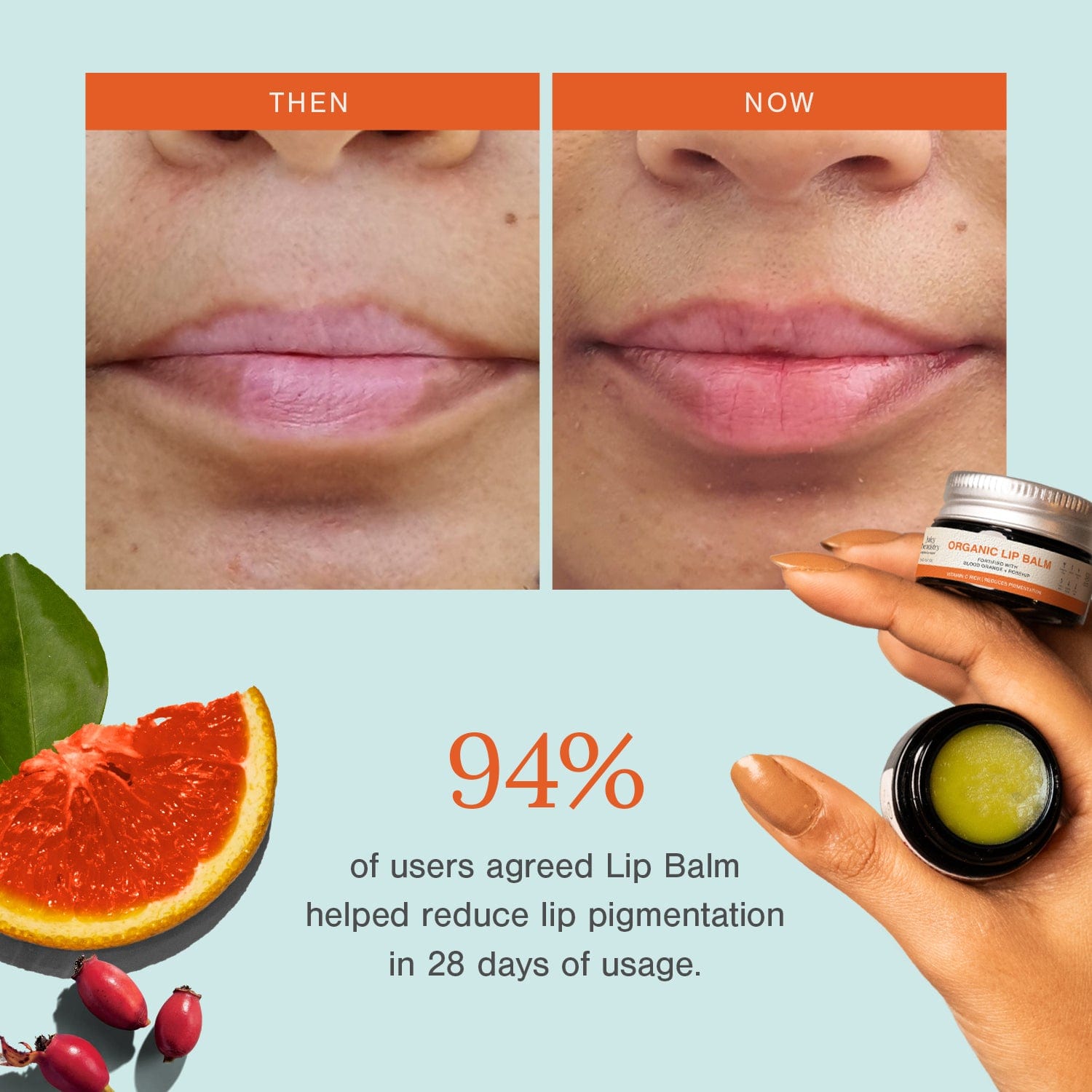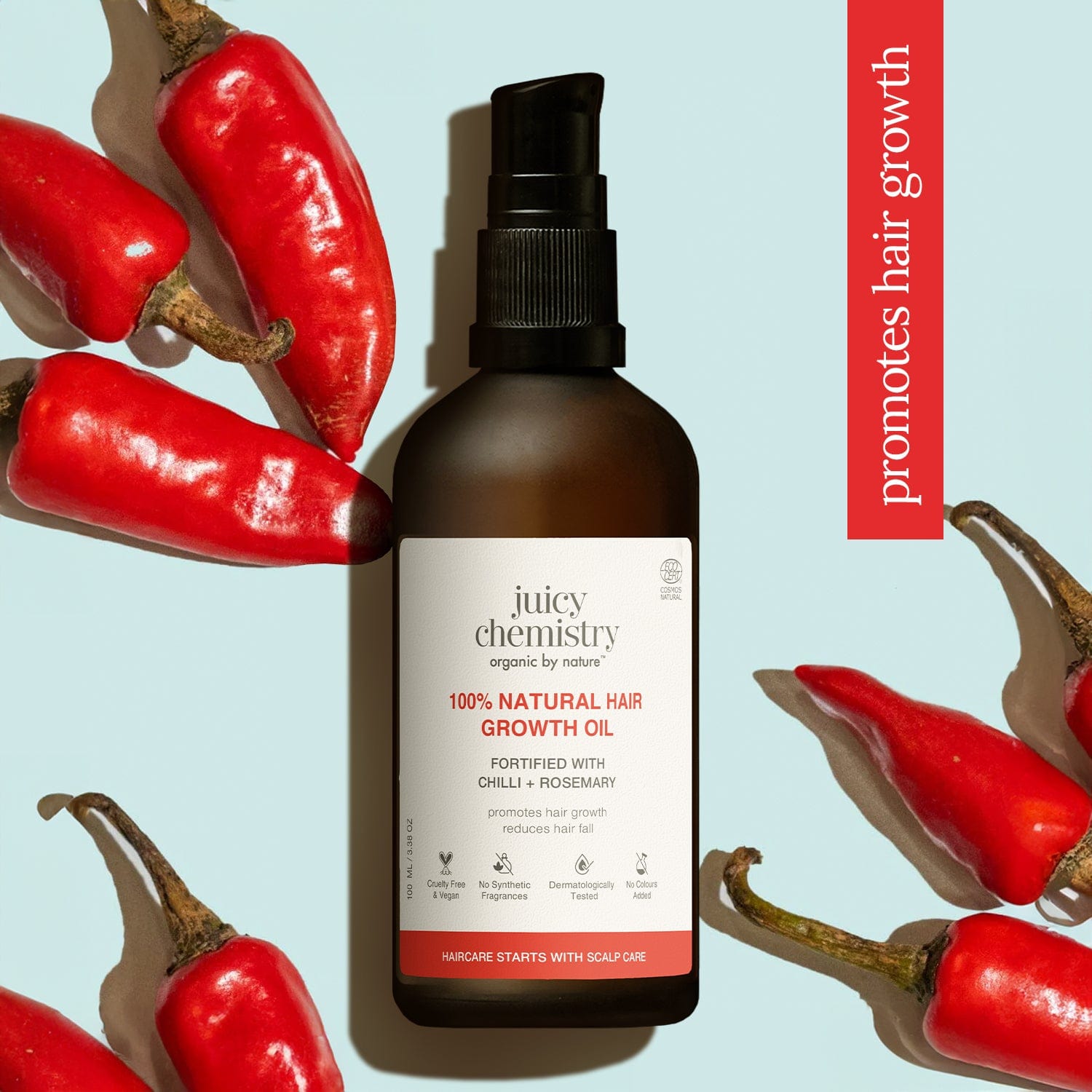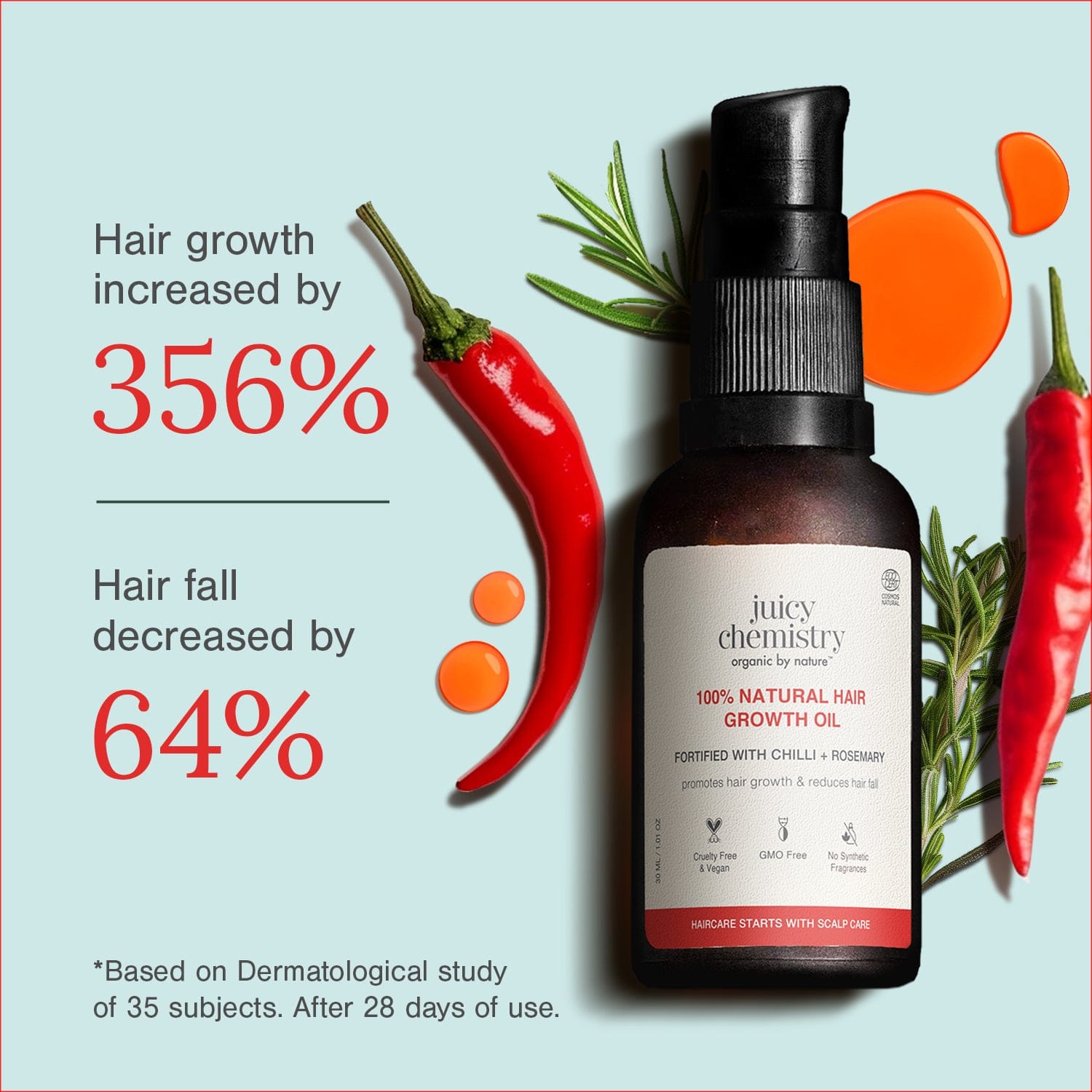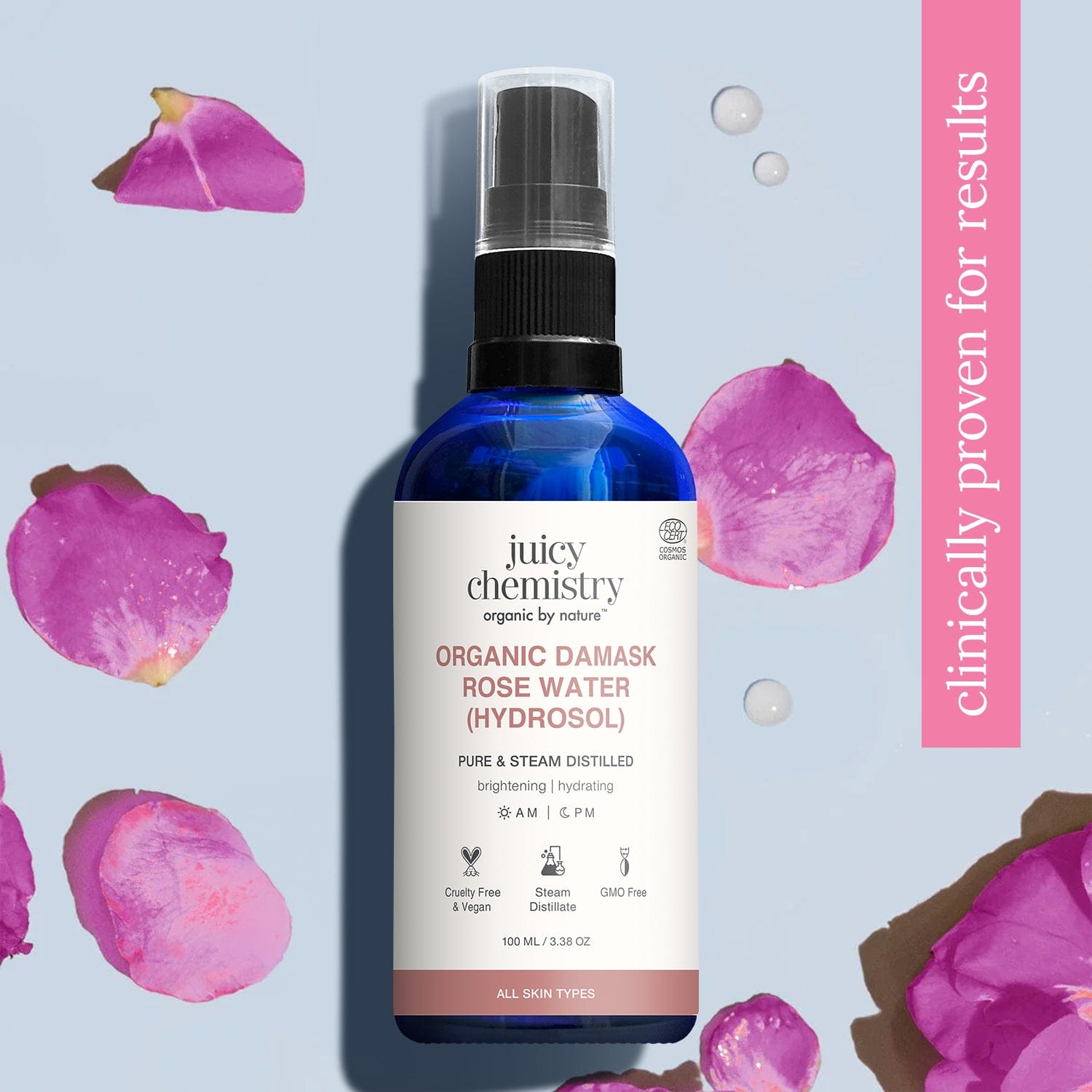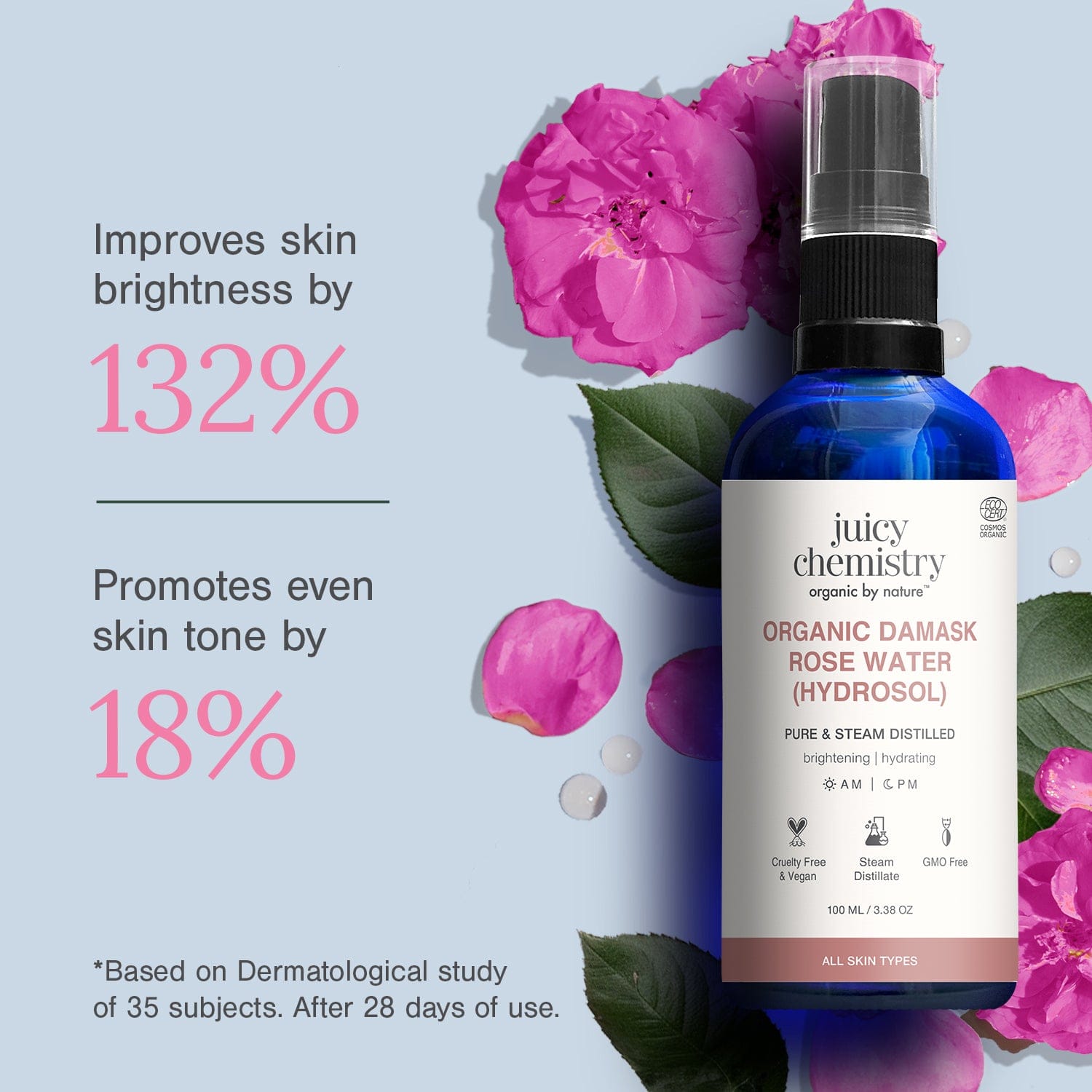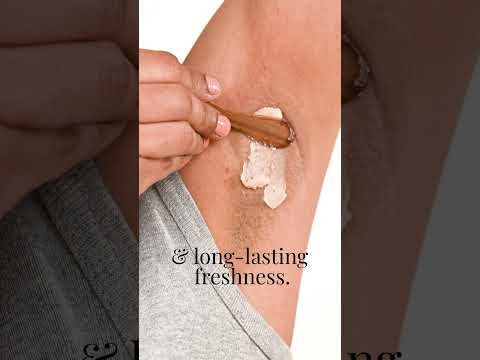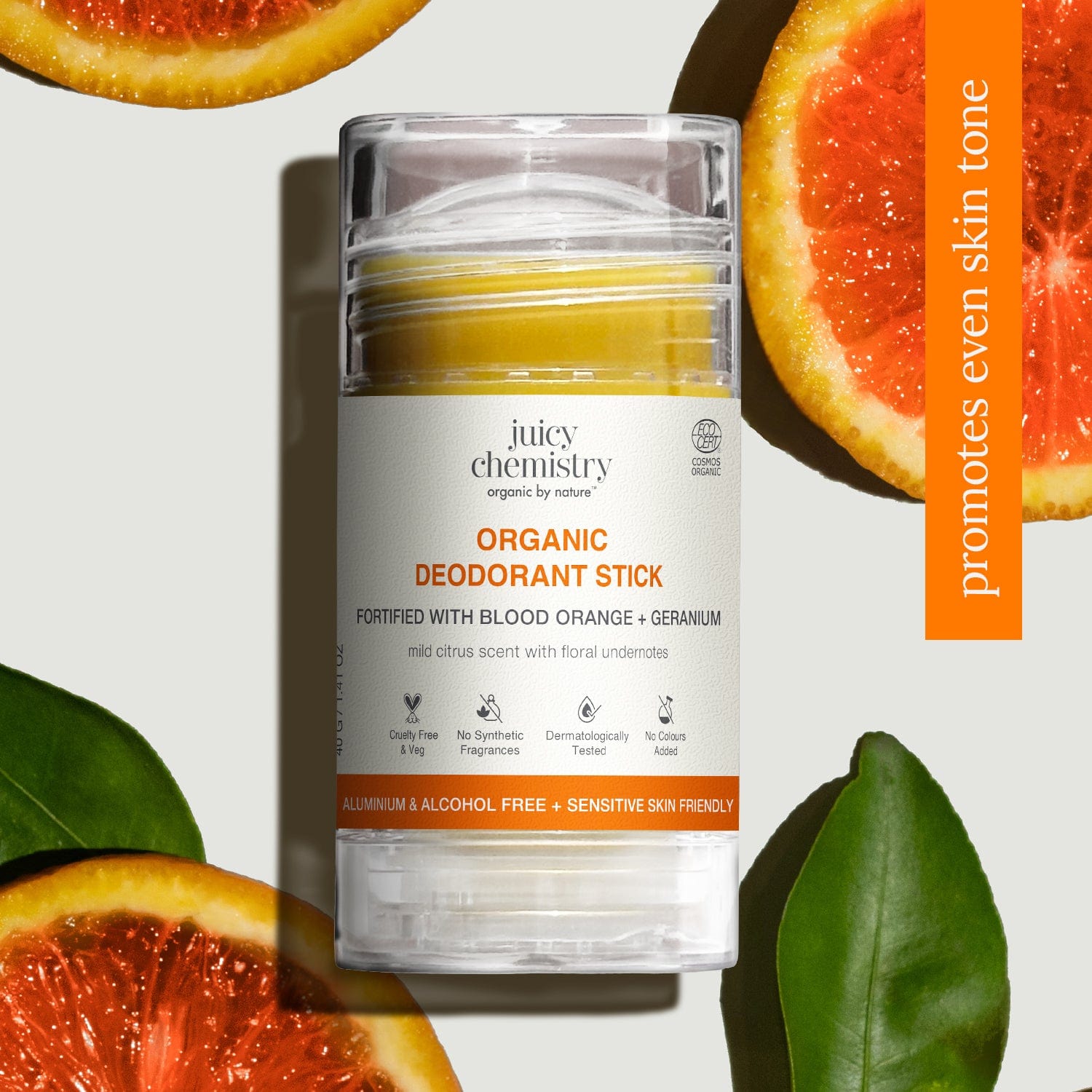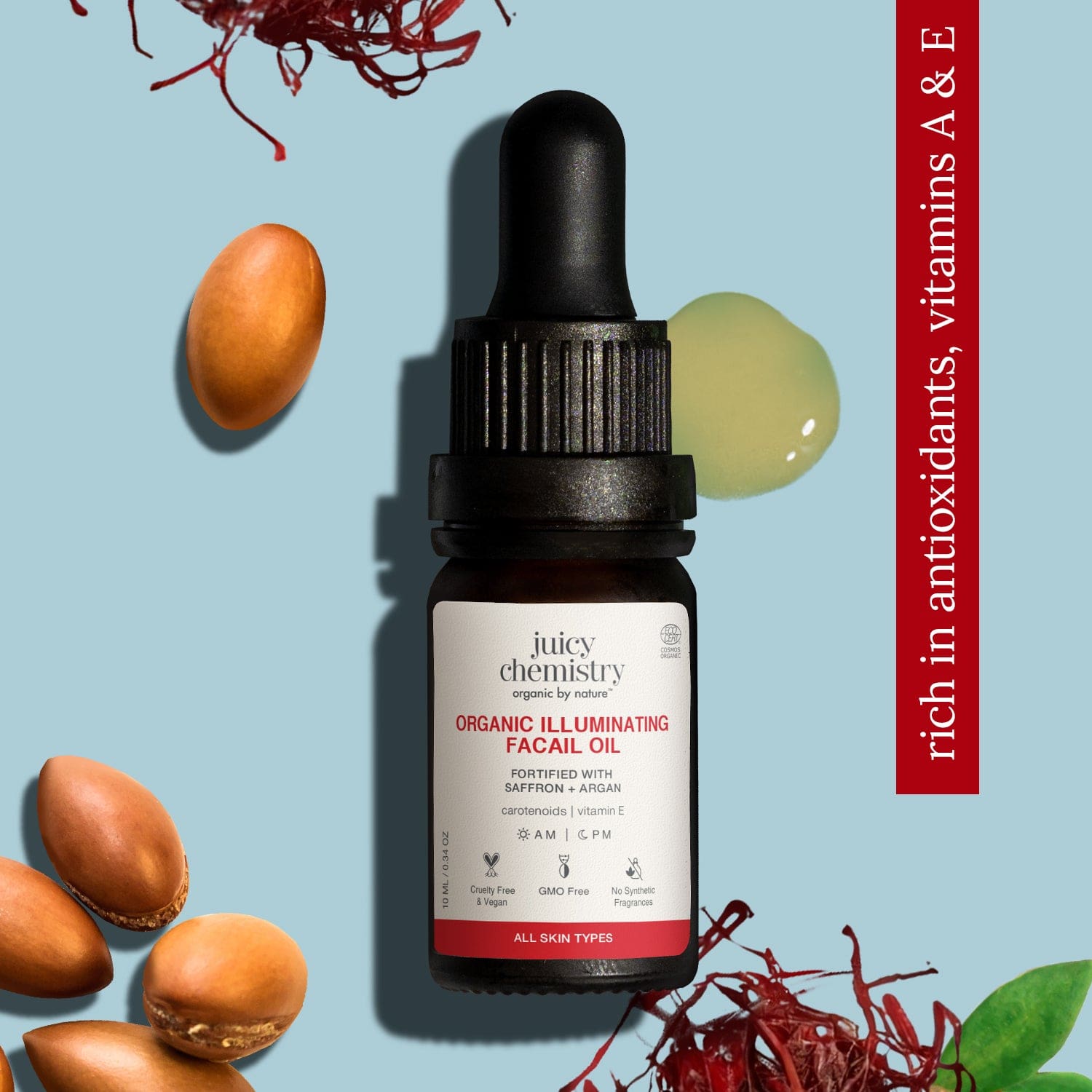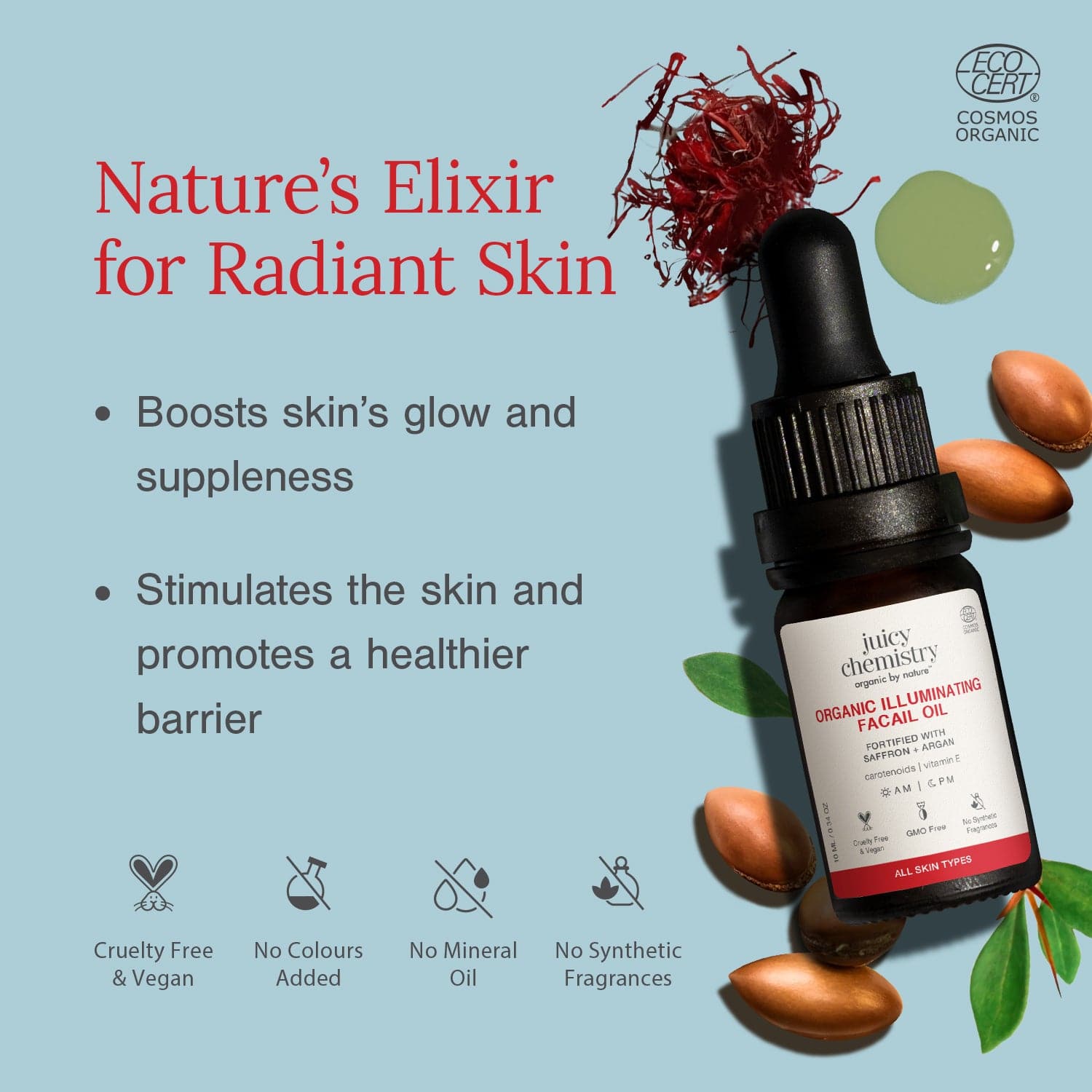How to Use Argan Oil for Hair Growth? 5 Best Tips
May 25, 2021
Argan oil, often referred to as ‘liquid gold,’ is extracted from the nuts of the Argan tree native to Morocco. For centuries, pure argan oil has been utilized for a variety of applications, including culinary uses, skincare, haircare, and nail care.
In contemporary times, argan oil is a popular nourishing and hydrating component found in numerous skin and hair care products.
Can Argan Hair Oil Promote Hair Regrowth?
Argan oil is rich in fatty acids and phenolic compounds, which deliver vital nutrients to hair follicles and enhance hair growth. Additionally, it is abundant in minerals, antioxidants, and Vitamin E, all of which are crucial for maintaining healthy hair.
While there is currently no definitive research confirming the effectiveness of argan oil for hair regrowth, some studies suggest that its nutrient profile may help diminish hair damage, reduce frizz, and support hair regrowth.
The presence of antimicrobial and antibacterial properties in argan oil contributes to improved scalp health and helps prevent infections. Furthermore, it aids in the enhanced production of keratin, which stimulates hair growth and prolongs the lifespan of hair follicles, resulting in stronger hair.
Incorporating argan oil into your hair care routine also adds luster and revitalizes lackluster hair. Therefore, consistent use of argan oil can indeed assist in promoting healthy hair growth.
How To Apply Argan Oil For Hair Growth?
Gently massage a few drops of argan oil into your scalp and leave it on overnight. The following day, wash it out with a gentle shampoo. For optimal results, repeat this process for a minimum of 2-3 months.
https://www.instagram.com/p/B7F-3Cenqjj/
Advantages of Argan Oil for Hair
Argan oil is an exceptional ingredient for hair care, offering numerous benefits:
- The potent antioxidants present in argan oil help strengthen hair and can reduce breakage and hair loss to some degree.
- When used as a leave-in conditioner, argan oil coats hair strands, forming a protective barrier that minimizes frizz and enhances shine.
- The antimicrobial and antioxidant properties of argan oil contribute to a healthy scalp, help reduce hair loss, and strengthen hair from the roots.
- Rich in linoleic acid, oleic acid, and palmitic acid, argan oil creates a protective layer that shields hair from damage caused by regular styling. It also helps prevent split ends and promotes thicker, stronger hair.
- In Morocco, argan oil has traditionally been used to shield hair from damage inflicted by ultraviolet rays.
- With its anti-inflammatory properties, argan oil nourishes the scalp, alleviates itchiness and dandruff, and strengthens hair follicles, promoting healthier new hair growth.
- It is particularly beneficial for color-treated hair, helping to maintain vibrancy and shine, thereby extending the longevity of hair color.
- The smaller molecular structure of argan oil allows it to penetrate hair cuticles effectively, making hair softer and more manageable while also reducing tangles and adding moisture to hair strands.
How to Utilize Argan Hair Oil?
-
As a hair oil (before or after washing)
Use just a few drops of argan hair oil (excessive amounts can lead to greasiness) and massage it into your scalp and hair strands. Ensure thorough massage to allow absorption. After 2 minutes, comb through to distribute the oil evenly across each strand. -
As a scalp treatment
If you experience an itchy or flaky scalp, argan oil can enhance overall scalp health. Divide your hair into sections, apply 2-3 drops of oil to each section, and massage thoroughly. Spend 7-10 minutes massaging the scalp, then leave it on for 1 hour. Rinse with a gentle shampoo and follow up with a leave-in conditioner. Repeat this weekly to observe results within 4-6 weeks. -
As a hair mask
Combine a few drops of argan oil with your regular hair oil. You may also add a drop of hibiscus, rosemary, or peppermint oil (ensure to use only 1% essential oils, as they are potent when applied directly) to enhance the benefits for your scalp and hair.Mix thoroughly and apply the oil mixture to your scalp and hair strands. Massage for 10 minutes, then wrap your hair in a warm towel to help the oil absorb better and prevent staining your clothes.
After 30 minutes, wash your hair with a gentle shampoo. Apply a few drops of argan oil as a leave-in conditioner to keep your hair manageable.
-
As a leave-in conditioner:
Argan oil serves as an excellent conditioner that reduces frizz, smooths hair, and keeps it manageable. Divide your hair into two sections.Take 2-3 drops of argan hair oil in your palm. Rub it to warm the oil and apply it from the mid-length to the ends of your hair.
Massage it in one direction (downwards) for even distribution. Allow it to sit for 2 minutes, then comb your hair to ensure even coverage. This can be applied to either damp or fully dry hair.
-
As a heat protectant
Before styling hair, apply few drops of argan oil on your hair. Leave it for 5 minutes and then start with hair styling. This will protect your hair from damage and will reduce the time needed to style (as the hair becomes soft and manageable).
JC’s products with Argan Oil
Juicy Chemistry’s Argan Oil is Certified Organic by Ecocert (France) in accordance with the COSMOS V3 standard and is thus the best argan oil for hair.
-
JC Cold Pressed Argan Carrier Oil: It is a nourishing and moisturising oil for skin and hair. It improves elasticity and hydrated skin. It makes hair smoother and improves the texture.
- JC Sacha Inchi, Argan & Mango Butter Hair Mask: It deeply nourishes hair and provides essential moisturisation. It makes hair strands softer and stronger.
- JC Marula, Argan & Lavender Hair Oil: This is best suitable for dry, frizzy and unmanageable hair. With regular usage, it makes hair softer and smoother.
- JC Neem Butter, Pumpkin & Ginger Hair Mask: This is a conditioning pre-shampoo mask that provides essential nutrients, soothes the scalp and adds shine to hair strands.
FAQS
Is argan oil good for hair?
Argan oil is considered safe to be used on hair but a patch test is recommended before using it on the scalp.
How often can argan oil be used for hair?
You can use argan oil -13 times a week for best results.
